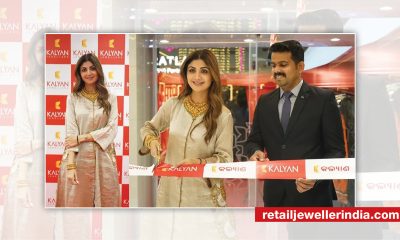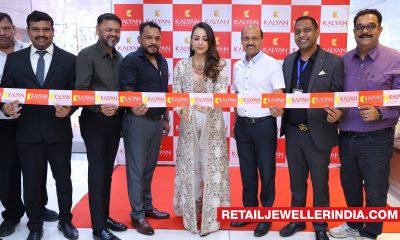RJ Market Watch
Ramesh Kalyanaraman of Kalyan Jewellers Bets Big on Going Digital, to Invest Rs 150 Crore in Brand Building
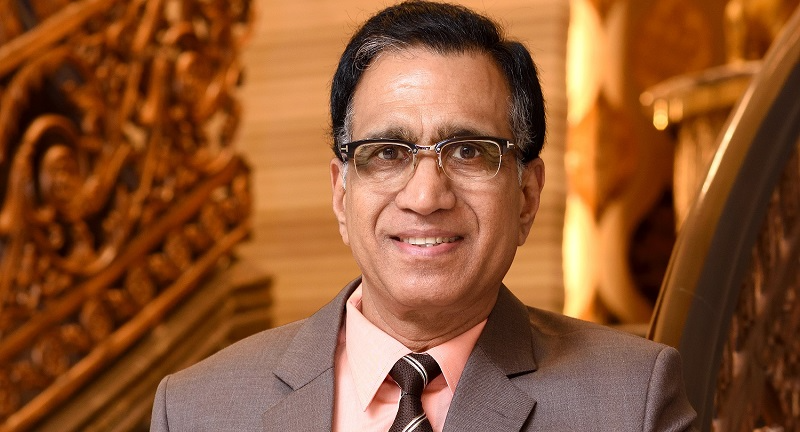
At Thrissur, Kerala, Kalyan is a household name. The family is awarded celebrity status for growing a jewellery brand into the Rs 10,000 crore business it is today from the small city. It took T S Kalyanaraman, who founded Kalyan Jewellers in 1993, and his sons, a good two decades to raise Rs 1,700 crore in three tranches from private equity firm Warburg Pincus. Since 2016, the company has increased its 25,000 sqft stores from 94 to 137 across 13 states. The company plans to add 15 stores every year of 1,000-5,000 sqft across the country to get to Rs 25,000 crore in 2025.
In this video interview with YourStory, an affable Ramesh Kalyanaraman, Executive Director, Kalyan Jewellers India Limited, and the younger son of Chairman and Managing Director TS Kalyanaraman, reveals just exactly how they plan to do it.
Where the pot of gold lies
Ramesh and his elder brother, Rajesh Kalyanaraman, handle the business along with their father. But the family agrees that for traditional businesses to thrive in this age, they need to adapt to the digital world. “While we continue to expand our physical stores our digital spend will increase from two percent to 10 percent of our advertising spends. It is a significant amount because we have always been a traditional business,” Ramesh says. Business has been profitable and store sales are on the rise, Ramesh adds. Kalyan Jewellers spends Rs 150 crore per year, and has increased its digital spends from Rs 3 crore to Rs 15 crore.
“We have 8,000 people working for us today. If you look at it we are building an institution that supports artisans and retail associates. The only way to grow is to ensure that we create a brand, and we need to be digital if we have to focus on the younger generation,” he says.
But their USP of a family brand will be maintained, and with gold purchase always seen as a family activity in India, this will not be straying too far from tradition. “Our branding strategy is always going to be about families. While we focus on the younger consumer, we believe that our strength is in keeping the parents, friends, and extended family in mind. Jewellery is not a fashion accessory; it has to connect with families, and our focus is very much traditional Indian sentiments,” Ramesh adds. The company today has more than 90 lakh people walking into their stores every year.
Wedding-ready
Ramesh gives us a sneak peek at Kalyan Jewellers’ upcoming ad campaigns: actors Amitabh Bachchan, Shivraj Kumar, and Nagarjuna speak about why Indian families value their jewellery during wedding season. And Kalyan is working towards crafting an entire campaign around ‘Muhurat’, their brand around weddings.
Such advertisements are complemented by 700 ‘My Kalyan’ stores, which connect with local marriage halls and wedding bureaus to win customers locally. These My Kalyan stores allow people to discover Kalyan’s catalogues, and are taken to the store to experience their service.
What has worked in the brand’s favour is their ability to adapt to every region they serve. The company says that its designs are different for every region, and that the reason they have been able to scale up is because they understand the way Telugus or Tamils or Gujaratis buy their jewellery. “We are a hyperlocal brand, and compete with local jewellers. We don’t want to compare ourselves to any other brand. By competing with local jewellers we want to be the jeweller to the family,” Ramesh quips. And this strategy extends to their in-store communication, showroom atmospherics, and designs, which all differ from state to state.
The bigger brands that compete with Kalyan are Malabar, Joy, Jos, GRT, Kirtilals, and several other players.
According to IBEF, the Gems and Jewellery sector plays a significant role in the Indian economy, contributing to around seven percent of the country’s GDP, and 15 percent to India’s total merchandise exports. It also employs over 4.64 million workers and is expected to employ 8.23 million by 2022. One of the fastest growing sectors, it is extremely export-oriented and labour-intensive. The gems and jewellery market in India is home to more than 300,000 players, with the majority being small players.
Its market size was $75 billion as of 2017 and is expected to reach $100 billion by 2025. It contributes 29 per cent to the global jewellery consumption. But 75 percent of the industry remains unorganised.
Chasing the golden egg
The brand is now working towards bringing every kind of customer into the Kalyan fold. Its strategy for north India is to ensure that people do not look at Kalyan as an expensive jewellery store. And their ads are aligned to that message, with actor Amitabh Bachan communicating to a middle-class family about the Kalyan store being open to anyone who wants to buy jewellery for a celebration. In the South, the company says it will continue to focus on weddings.
Ramesh narrates a story from 2013, when they signed their first store in Gujarat. They had to work to change the idea that people had of Kalyan’s jewellery being highly priced. They engaged in a lot of brand-building exercises that required plenty of patience and time. They had to communicate to the people that their designs were readily available, and ensure their retail experience remained consistent.
“If you have to be an entrepreneur, it is a long road and there is no shortcut,” he adds.
A long road indeed from Trissur for this family jewellery brand that is hoping to make ripples in new customer segments across India even as it aims to corner the lucrative wedding market.
Courtesy: YourStory

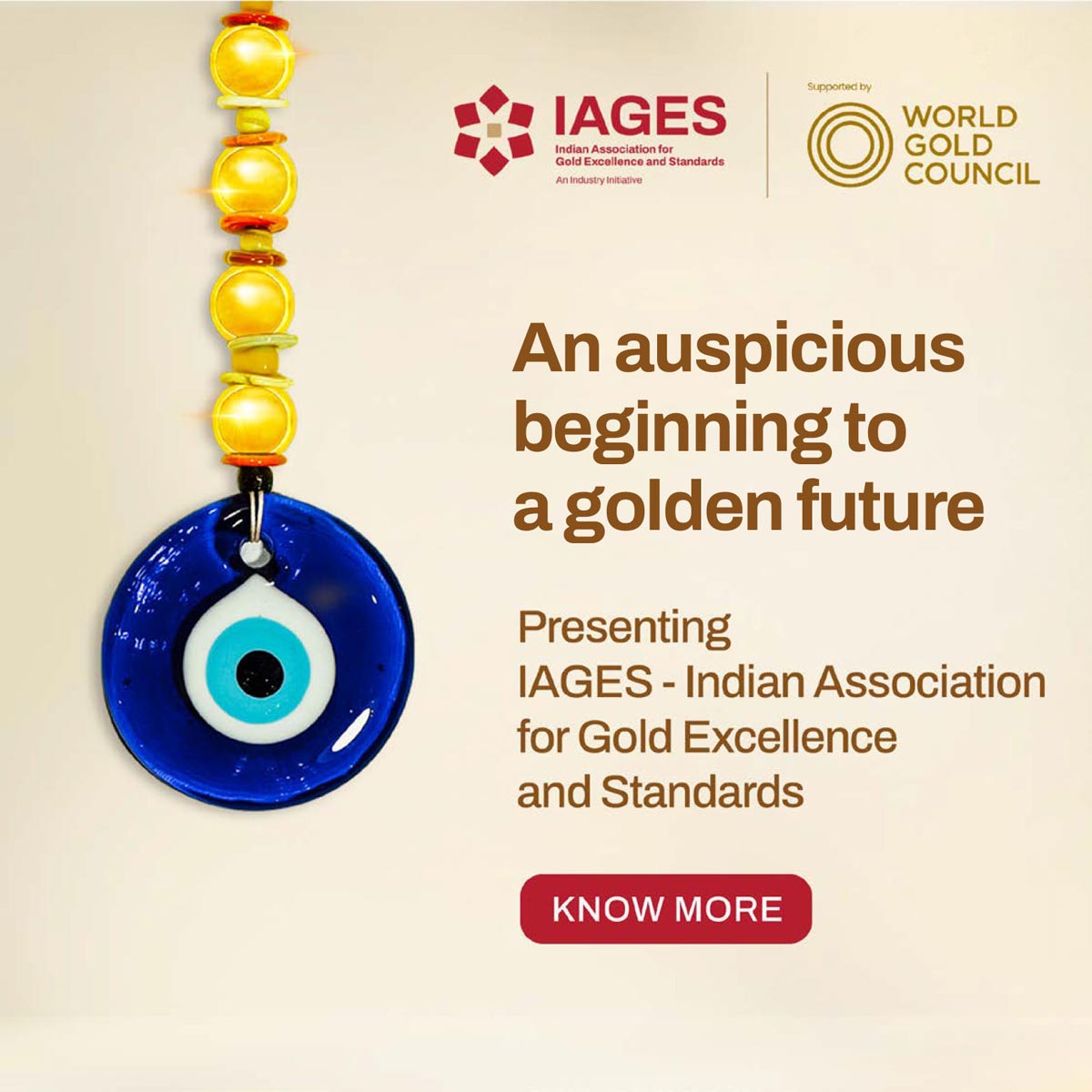
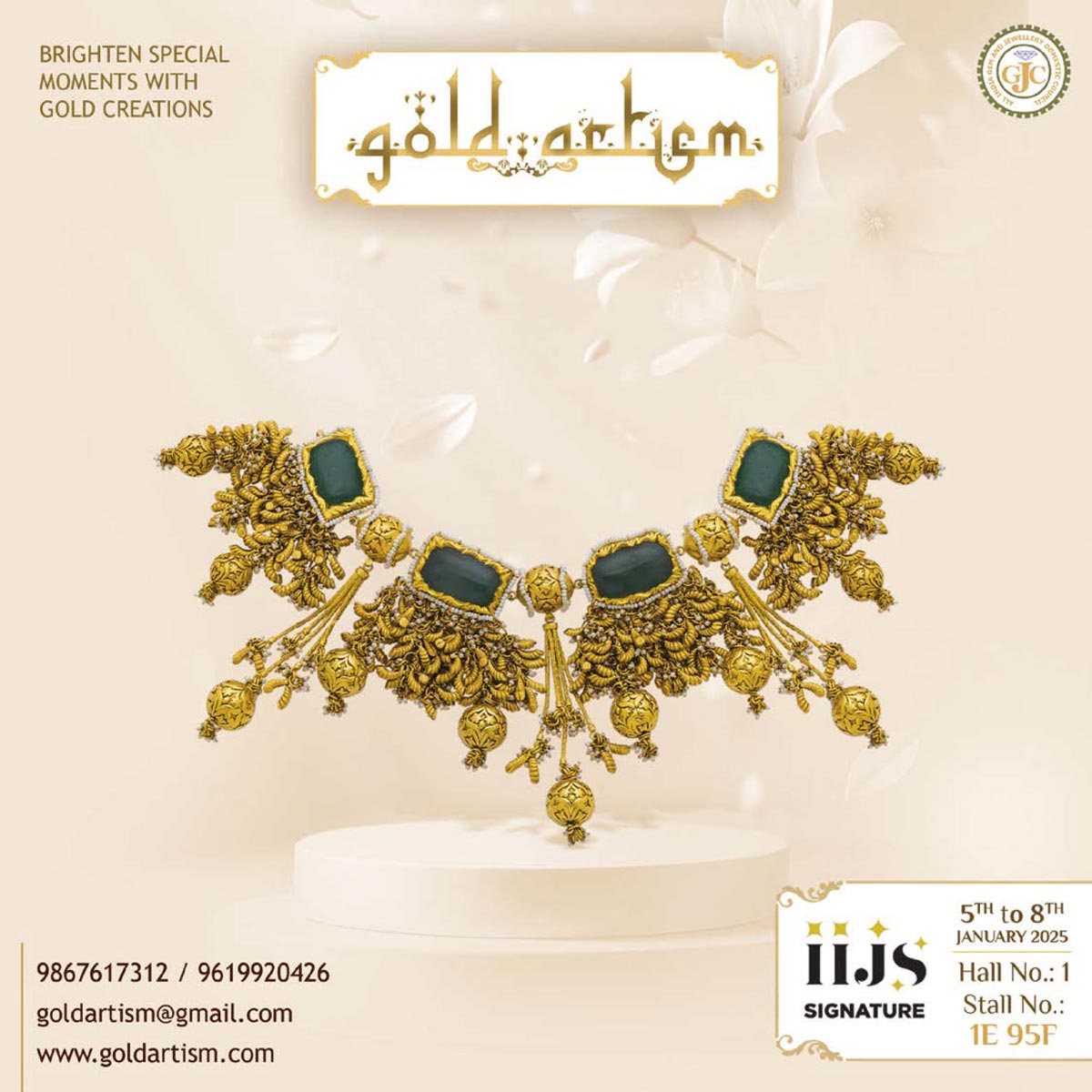
-
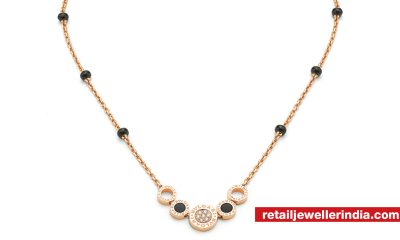
 Daily News2 months ago
Daily News2 months agoBvlgari adds designs to its pathbreaking mangalsutra collection ahead of wedding season
-

 Daily News2 months ago
Daily News2 months agoTrent, a TATA subsidiary, launches lab-grown diamond brand ‘Pome,’ shares surge 7.67%
-

 Daily News2 weeks ago
Daily News2 weeks agoMalabar Gold & Diamonds launches ‘Heritage Show’ in Mangalore, featuring jewellery inspired by Maharanis
-

 Daily News3 weeks ago
Daily News3 weeks agoSavji Dholakia’s visionary water conservation project ‘Bharatmata Sarovar’ reinforces commitment to sustainability




